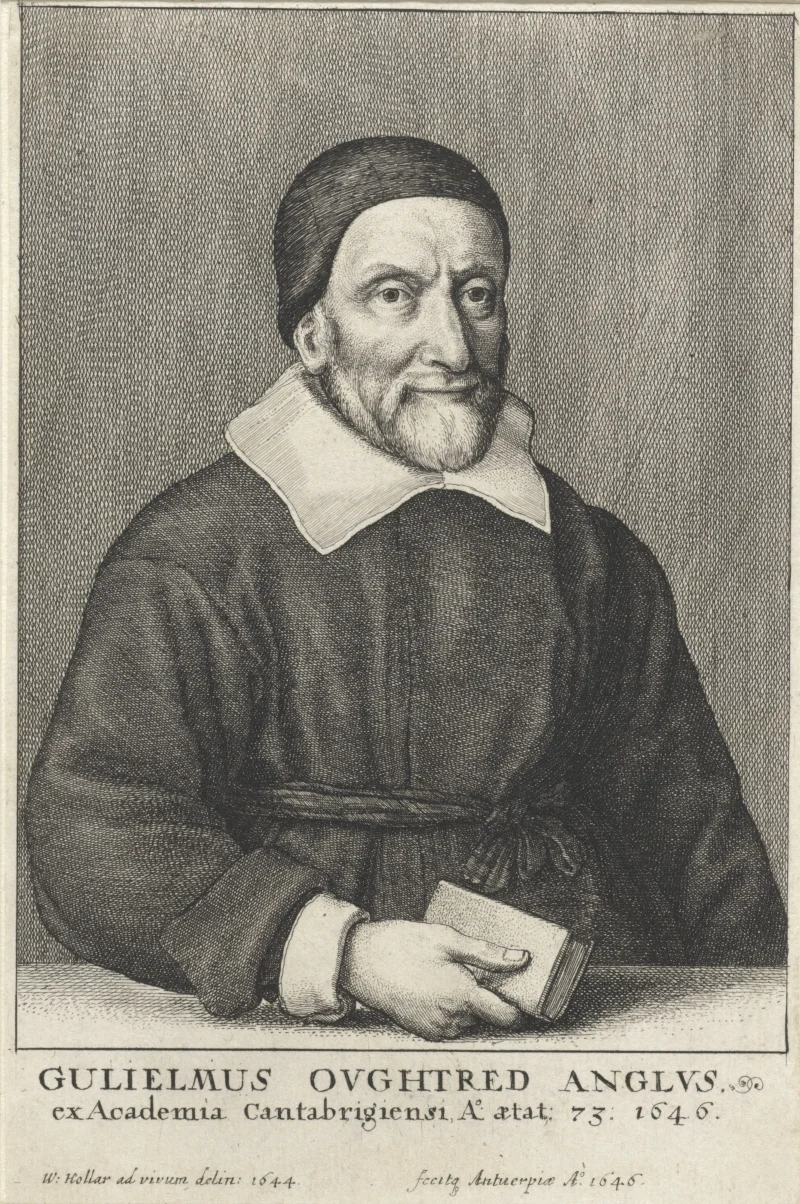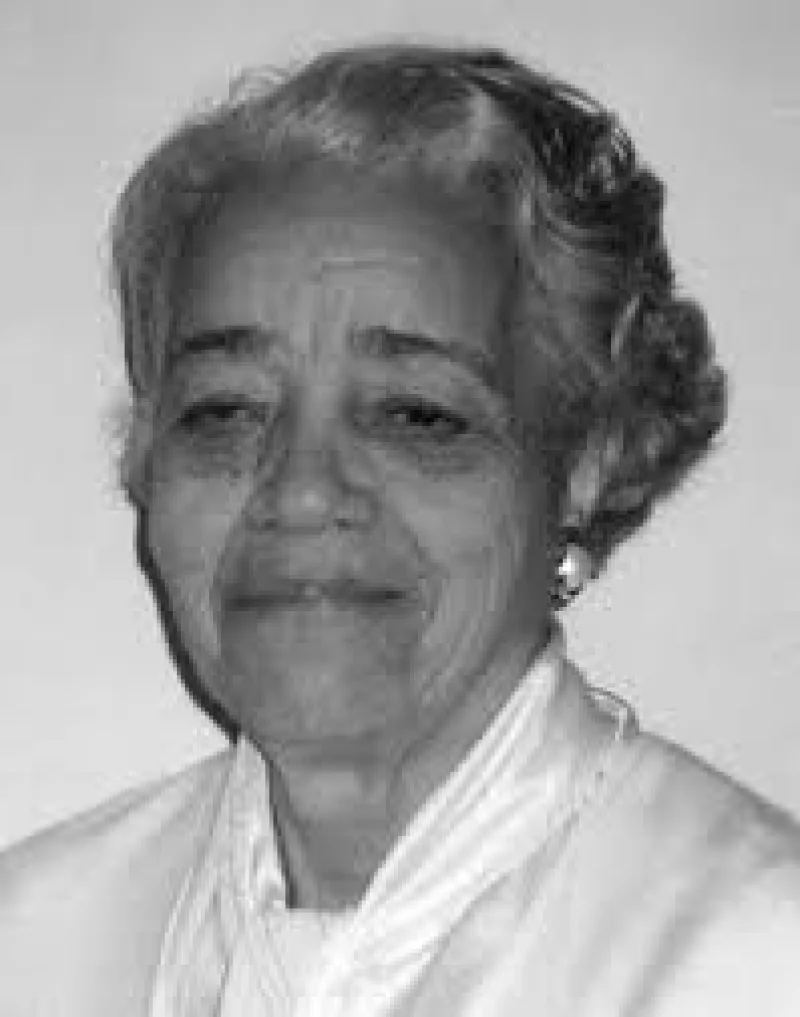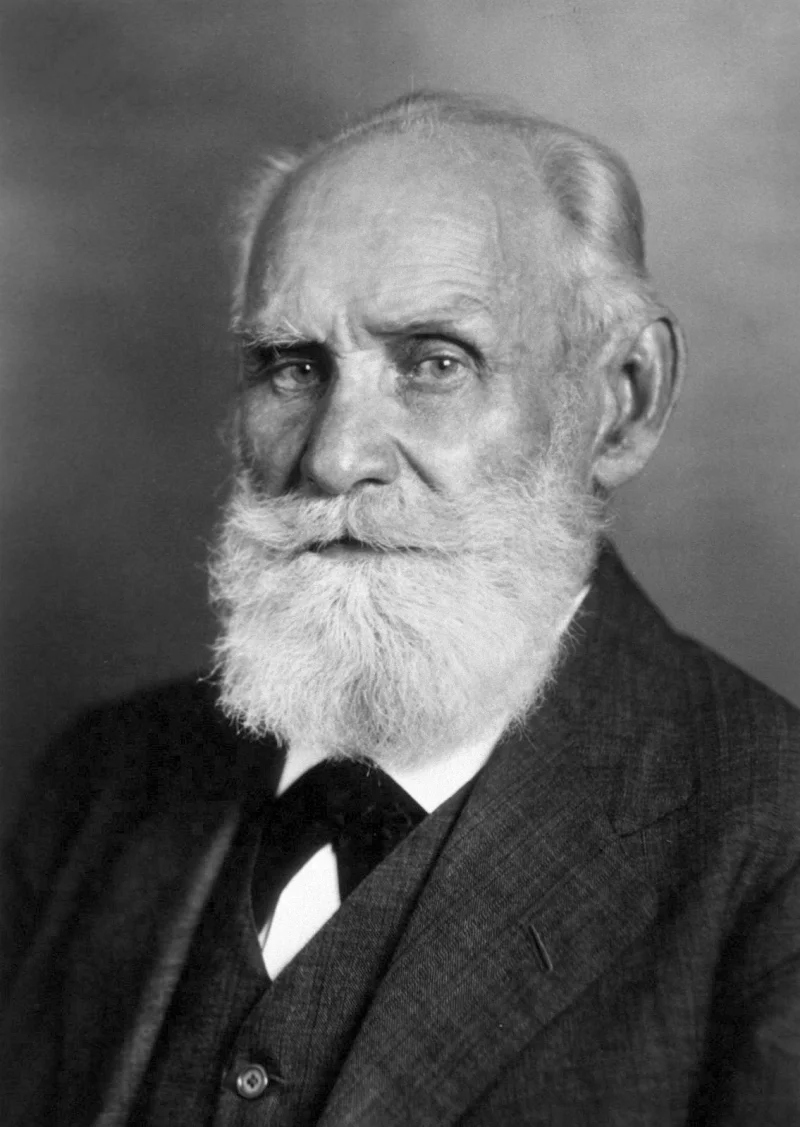Short Summary
Christiane Nüsslein-Volhard is a renowned German developmental biologist, celebrated for her pioneering research in the field of embryonic development. She is especially famous for her work on genetic mutations in fruit flies, which has significantly advanced the understanding of the genetic control of embryonic development. In 1995, she was awarded the Nobel Prize in Physiology or Medicine, alongside Eric Wieschaus and Edward B. Lewis, in recognition of their discoveries concerning the genetic control of early embryonic development.
Early Life & Education
Born on October 20, 1942, in Magdeburg, Germany, Christiane Nüsslein-Volhard grew up in a family that nurtured her interest in science. Her father was an architect, and her mother was a painter, both of whom encouraged her curiosity and creativity. She attended the University of Tübingen, where she initially studied biology, physics, and chemistry. Her early academic experiences were pivotal, leading her to focus on biochemistry and genetics. In 1974, she completed her Ph.D. in biochemistry at the University of Tübingen, laying the groundwork for her future groundbreaking research in developmental biology.
Career Highlights
Christiane Nüsslein-Volhard’s career took a decisive turn when she began working at the European Molecular Biology Laboratory in Heidelberg. It was here that she met Eric Wieschaus, with whom she conducted seminal experiments on the genetic basis of embryonic development in Drosophila (fruit flies). Their collaborative work led to the identification of key genes involved in the segmentation of the embryo. In 1985, she became a director at the Max Planck Institute for Developmental Biology, where she continued to explore genetic and molecular processes in development, further cementing her status as a leader in her field.
Major Achievements
- Discovered key genetic mutations in Drosophila that influence embryonic development.
- Awarded the 1995 Nobel Prize in Physiology or Medicine for her work on the genetic control of early embryonic development.
- Published numerous influential research papers that have advanced the field of developmental biology.
- Served as a director at the Max Planck Institute for Developmental Biology, fostering significant research initiatives.
Famous Quotes
- "Science is a way of life. Science is a perspective. Science is the process that takes us from confusion to understanding in a manner that’s precise, predictive, and reliable."
- "Knowledge only becomes useful when it is shared and applied."
Interesting Facts
- She was the first woman to win a Nobel Prize in Physiology or Medicine in 50 years.
- Her research has heavily influenced the study of genetic mutations and their role in development across various species.
- She established the Christiane Nüsslein-Volhard Foundation to support female scientists with children.
Legacy / Influence
Christiane Nüsslein-Volhard's research has had a profound impact on the field of developmental biology and genetics. Her discoveries have paved the way for advancements in understanding birth defects and genetic disorders. Her work continues to inspire new generations of scientists, particularly women in science, and her influence extends through both her scientific contributions and her advocacy for women in the field.
FAQ
Q: Why is Christiane Nüsslein-Volhard famous?
A: She is famous for her groundbreaking work on the genetic control of embryonic development, for which she won the Nobel Prize in Physiology or Medicine in 1995.
Q: What was her major contribution to science?
A: Her major contribution was the discovery of genetic mutations in Drosophila that control embryonic development, which has advanced the understanding of genetics and developmental biology.
Q: Has she received any notable awards?
A: Yes, she received the Nobel Prize in Physiology or Medicine in 1995, among other accolades.
Q: What is her influence on women in science?
A: She has been a role model and advocate for women in science, establishing a foundation to support female scientists with children.













